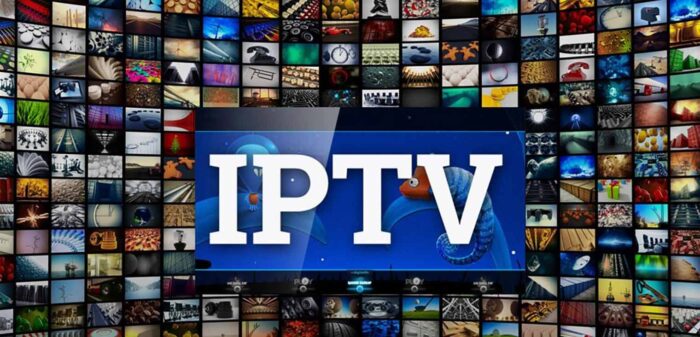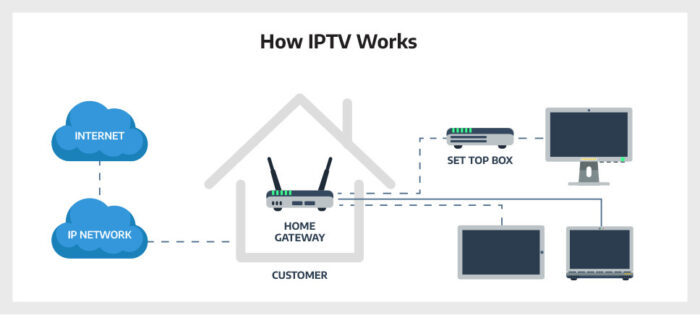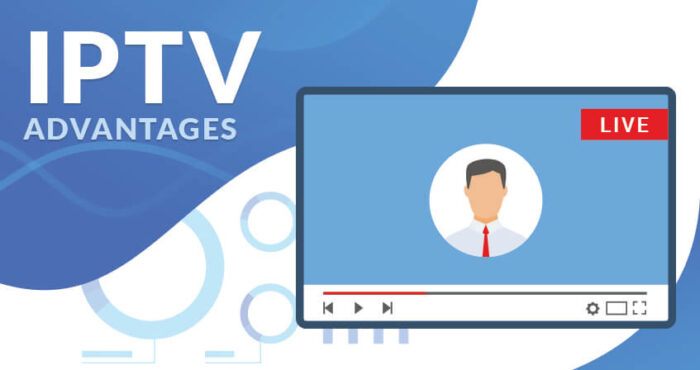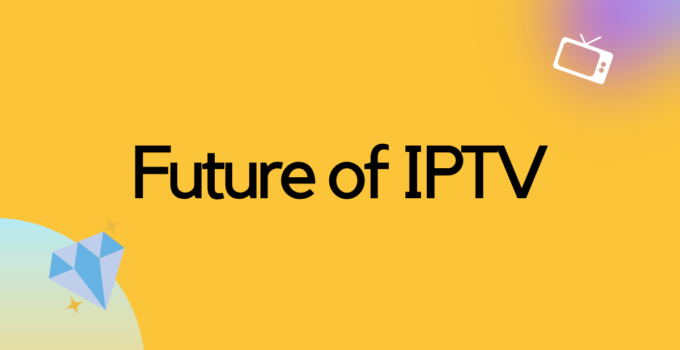The TV industry is in a bit of a rut. People are ditching their cable subscriptions en masse, and traditional broadcast networks are struggling to keep up. So what’s the solution? One possibility is IPTV: the delivery of television content over the internet. In this blog post, we will explore the advantages and disadvantages of IPTV, and see if it’s the future of television.
What is IPTV?

Source: setplex.com
There is no doubt that IPTV (Internet Protocol Television) is the future of television. The technology has been around for some time, but has only recently begun to gain traction in the United States. IPTV is a platform that uses the internet to deliver television content. This means that there is no need for a traditional cable or satellite TV subscription.
IPTV offers many benefits over traditional television. For one, it is affordable. IPTV providers typically charge a monthly fee rather than a yearly fee, which makes it more affordable for consumers. Additionally, IPTV allows users to watch their favorite shows when they want, without having to wait until they can watch them on TV. Finally, IPTV is versatile. Because it uses the internet, users can watch IPTV content on any device they wish – including their computer, phone, or tablet – so everyone in the family can participate in watching their favorite shows.
How IPTV Works?

Source: brid.tv
The question on everyone’s mind is whether or not IPTV is the future of TV. The answer, according to some experts, is yes. Here’s why:
IPTV offers a high level of convenience and flexibility. You can watch your favorite shows whenever you want, without having to worry about scheduling conflicts or waiting for commercials to finish. Plus, you can watch shows online or on your mobile device without ever having to leave your living room. This makes IPTV an extremely versatile option for both home and business users.
IPTV offers an increased level of interactivity. With so many channels available at your fingertips, you’re more likely to be engaged in the show you’re watching than with traditional television broadcasts. You can also access video content directly from websites or applications, which gives you even more control over what you see and how you see it.
IPTV provides a better user experience overall. Traditional television broadcasts are often visually stunning but difficult to understand due to poor audio quality and low video resolution (or frame rate). With IPTV, however, these problems are largely eliminated thanks to the advanced video encoding technology used by providers like AT&T. As a result, IPTV users can enjoy high-quality video without having to compromise on other aspects of the user experience.
The Advantages of IPTV

Source: issuu.com
Looking to cut the cord and live a cable-free life? IPTV may be the answer for you. Here are some of the technology benefits of switching to IPTV:
– Better quality: With IPTV, you can be sure that the video quality will be superior to what you would get with traditional cable TV. This is because IPTV uses technology that allows it to transmit videos at a higher resolution than traditional cables.
– Easy setup: IPTV is easy to set up, and you don’t need any special equipment. You can simply connect your TV to the internet and start watching your favorite shows.
– No cables: With IPTV, there are no cables necessary. You can watch your shows without having to deal with pesky cables snaking all around your house.
Conclusion
There is no doubt that IPTV (Internet Protocol Television) is on the rise, with more and more people looking to ditch their cable or satellite subscription in favor of watching shows and movies online. But what are the benefits of using IPTV instead of traditional TV? In this article, we will explore some of the key reasons why you might want to consider switching to IPTV, as well as provide a few tips for getting started. So whether you’re ready to make the switch or just want to know more about it, read on!




